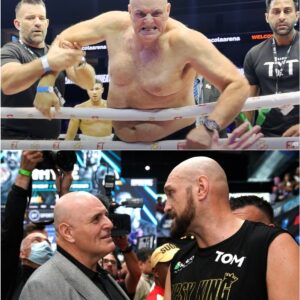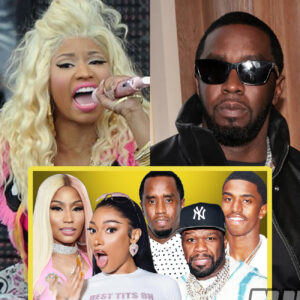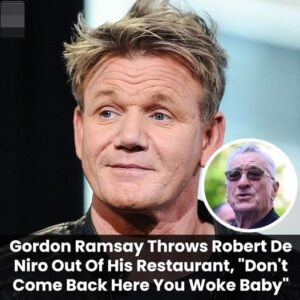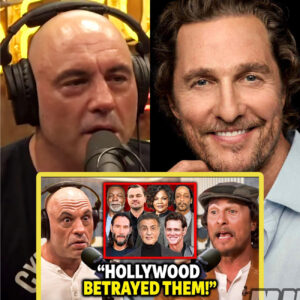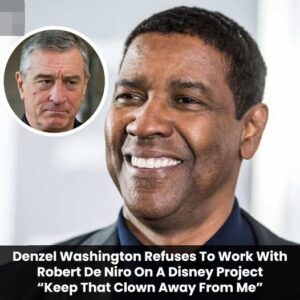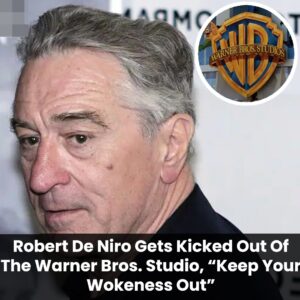**Terrence Howard: The Rise, Fall, and the Complex Dynamics of Hollywood**
Terrence Howard, a name familiar to both movie and TV audiences, has had a career marked by remarkable highs and significant lows. With a diverse portfolio of roles, Howard’s journey in Hollywood is a testament to both his undeniable talent and the turbulent nature of the entertainment industry.

### The Early Years and Breakout Roles
Howard’s career received a significant boost in 1992 when he landed the role of Jackie Jackson in the made-for-TV movie *The Jacksons: An American Dream*, depicting the story of The Jackson 5.
This performance marked the beginning of his rise in the industry. In 2000, Howard starred alongside Martin Lawrence in *Big Mama’s House*, further elevating his profile.
His talent shone through in notable projects, particularly his role in the ensemble drama *Crash*, which won the Best Picture Oscar at the 2006 Academy Awards.
Following this, Howard secured the lead role in the rap drama *Hustle & Flow*, earning an Academy Award nomination for Best Actor. His career seemed unstoppable as he took on roles in *Iron Man*, Disney’s *The Princess and the Frog*, and the lead in the short-lived spin-off *Law & Order: LA*. Additionally, his performance in Lee Daniels’ *The Butler* was widely praised.
### The Empire Era
When Lee Daniels was assembling the cast for his television series *Empire*, Howard was tapped for the starring role of rapper and mogul Lucious Lyon.
The show, which ran from 2015 to 2020, proved to be a resounding success. Howard’s portrayal of Lyon showcased his ability to bring complex characters to life, cementing his status as a versatile actor.
### Reputation and Challenges
Despite his on-screen triumphs, Howard’s reputation in the industry has been marred by reports of him being difficult to work with. According to an unnamed television executive cited in the New York Post, Howard is known for being quick to anger and uncompromising when things don’t go his way.
Howard himself reflected on an early experience in his career on the set of *The Cosby Show*. At just 19 years old, after being cut from an episode, he confronted Bill Cosby directly
. This confrontation resulted in consequences for his career, as the casting agent refused to work with him again. Howard explained that he is willing to stand up for what he believes in, even if it means facing repercussions.
### The Iron Man Controversy
Howard landed what could be considered his career-defining role as Jim “Rhodey” Rhodes, also known as War Machine, in the 2008 blockbuster *Iron Man*.
Notably, Howard was the first actor selected for the role and commanded the highest salary, reportedly earning $3.5 million with the potential for an additional $5 million if a sequel materialized.
He even purportedly offered to reduce his own salary by $1 million to facilitate the casting of Robert Downey Jr., whose well-publicized struggles with substance abuse made the studio hesitant to hire him.
However, when *Iron Man 2* was greenlit, Howard claimed he received news that his role would be diminished along with the promised salary. Allegedly, his agent harshly dismissed the studio’s decision before cutting off communication. Subsequently, Don Cheadle assumed the role of Rhodey.
Howard felt snubbed by Downey, asserting that his attempts to reach out were met with silence until he left a message emphasizing the support he had extended in the past.
According to Howard, Downey never responded, leaving him feeling slighted, particularly considering what he perceived as Downey’s substantial financial gain at his expense.
### The Fallout with Marvel
Howard’s collaboration with Marvel Studios mirrored the uneasy alliance of Tony Stark and Steve Rogers. Initially promising, it was fraught with discord, ultimately leading to conflict. Reports from the set of *Iron Man* suggested that Howard’s behavior was causing friction among colleagues, earning him a reputation for being difficult to work with. Director Jon Favreau reportedly had reservations about Howard’s portrayal of Rhodey, leading to extensive reshoots and edits.
As preparations for *Iron Man 2* began, Marvel sought to reduce Howard’s character’s prominence in the sequel, escalating into a financial dispute.
Howard claimed he had a three-film contract with Marvel entitling him to $8 million for the sequel; however, due to the aforementioned conflicts, the studio purportedly offered him only $1 million, significantly less than his initial earnings. Unwilling to accept such a substantial pay cut, Howard opted to part ways with the franchise.
### Post-Marvel Career
Following his departure from the role of Rhodey, Marvel wasted no time in seeking out a replacement. According to Rolling Stone, the day after the fallout with Howard, Marvel was already in discussion with Don Cheadle, who became a natural choice to step into the War Machine armor for *Iron Man 2*.
Despite the tumultuous period with Marvel, Howard continued to find success in other projects. His performance in *Empire* was widely praised, and he continued to work in various film and television roles, showcasing his versatility and resilience as an actor.
### Conclusion
Terrence Howard’s career is a complex tapestry of brilliant performances and behind-the-scenes conflicts. His journey highlights the challenges and intricacies of navigating the entertainment industry.
Despite the setbacks, Howard’s talent and determination have ensured his continued presence in Hollywood. His story serves as a reminder of the delicate balance between artistic integrity and professional relationships, a balance that can make or break a career in the ever-evolving world of entertainment.
News
Drama in the Ring! Tyson Fury Terminates John Fury’s Role as Trainer After Brutal Upset by Oleksandr Usyk
In a dramatic turn of events, Tyson Fury has decided to terminate his father John Fury’s role as his trainer following a brutal upset by Oleksandr Usyk. The unexpected loss has sent shockwaves through the boxing community and led to…
(VIDEO) Megan Thee Stallion BAITS Nicki Minaj into another rap beef? | 50 Cent DRAGS Diddy’s son Christian
**Christian Combs Disses 50 Cent and 50 Responds: A Clash of Hip-Hop Titans** In the realm of hip-hop, beefs and controversies are almost as common as chart-topping hits. Recently, a new chapter unfolded in the ongoing saga between Christian Combs,…
Breaking: Gordon Ramsay Throws Robert De Niro Out Of His Restaurant, “Don’t Come Back Here You Woke Baby”
In a dramatic and unexpected turn of events, renowned celebrity chef Gordon Ramsay has made headlines by reportedly throwing Academy Award-winning actor Robert De Niro out of his restaurant. The incident, which has sparked widespread media attention and public debate,…
(VIDEO) Joe Rogan & Matthew McConaughey Exposes 7 Actors Hollywood BETRAYED
**Unveiling the Dark Side of Hollywood: The Stories of Matthew McConaughey, Keanu Reeves, and Wesley Snipes** Hollywood, often seen as a dreamland of glitz and glamour, has a hidden underbelly that reveals a starkly different reality for some of its…
Breaking: Denzel Washington Rejects $100 Million Disney Offer to Work with ‘Woke’ Robert De Niro, ‘He’s a Creepy Old Man’
In a recent turn of events that has left Hollywood in a state of shock and contemplation, Denzel Washington, a figure synonymous with integrity and talent in the film industry, has made headlines by rejecting a colossal $100 million offer…
Breaking: Robert De Niro Gets Kicked Out Of The Warner Bros. Studio, “Keep Your Wokeness Out”
In a shocking turn of events that has sent ripples through Hollywood, iconic actor Robert De Niro was reportedly thrown out of Warner Bros. Studios. The reason cited? Spreading his “creepiness.” This incident has sparked intense debate and controversy, leaving…
End of content
No more pages to load
